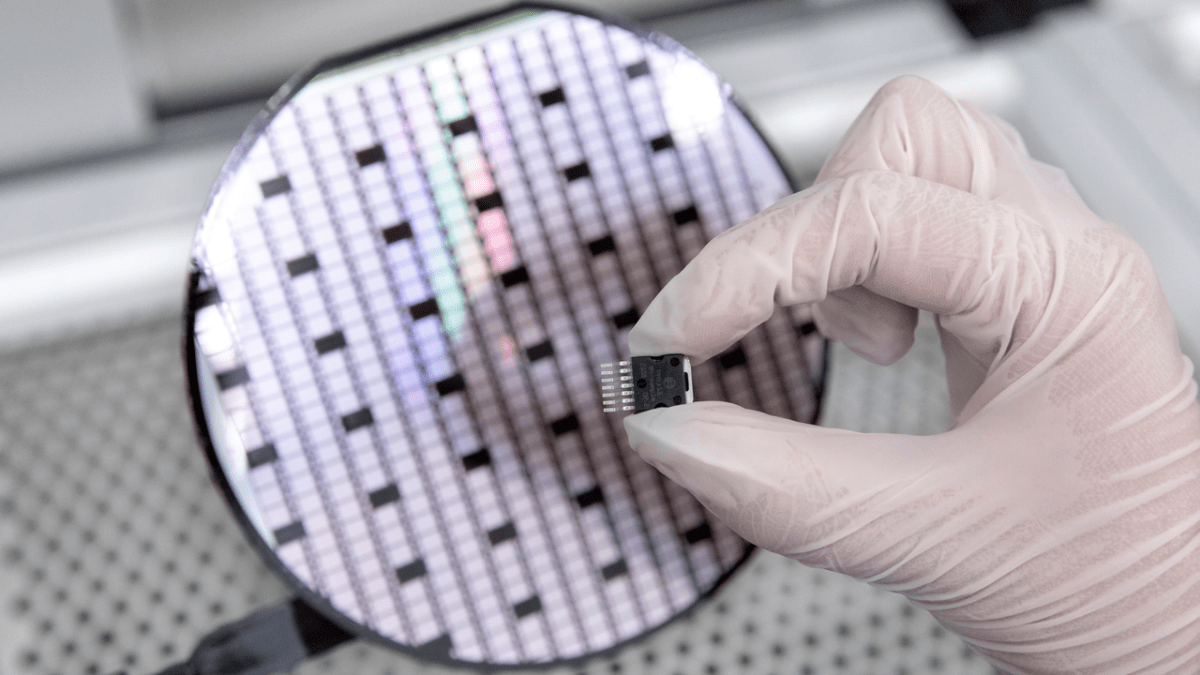The United States Department of Commerce has recently proposed a bold investment of up to $6.6 billion towards building a third fab of Taiwan Semiconductor Manufacturing Company Limited (TSMC) in Arizona. This significant move is to be funded through the CHIPS and Science Act, with the aim of boosting domestic semiconductor production. But behind the excitement surrounding this announcement lies an unspoken concern of potential tension escalation with China.
The proposed fab will be a greenfield facility, designed from the ground up. It will primarily focus on developing 2nm (or newer) architectures for a variety of applications, such as computing, 5G/6G wireless communications, and AI. TSMC’s subsidiary, TSMC Arizona, has expressed its commitment to completing the construction before the end of this decade.
The chipmaking company estimates that the construction will bring over 20,000 jobs to the area, with an additional 6,000 roles in manufacturing once the facility is operational.
Localization of manufacturing has become a top priority for the Biden administration, especially with the vulnerabilities exposed by the COVID-19 pandemic in the global supply chain. These issues are further exacerbated by the increasing dependence on silicon in our daily lives. In fact, global sales reached $47.6 billion in January 2024, marking a 15% increase from the previous year, as reported by a semiconductor trade association.
“TSMC’s renewed commitment to the United States, and its investment in Arizona, represent a broader story for semiconductor manufacturing that is made in America. With the strong support of America’s leading technology firms, we can build the products we rely on every day,” stated President Biden in a release accompanying the news.
While the administration’s focus has primarily been on domestic companies like Intel, which received its own proposal of $8.5 billion towards the end of March, TSMC is a dominant player in terms of market share and technological advancements. However, it has also found itself in the middle of rising geopolitical concerns. If China were to take control of Taiwan and its manufacturing capabilities, the United States and its allies would be at a significant disadvantage.
TSMC itself is also concerned about such a scenario. Firstly, the company’s two major customers – Apple and Nvidia – are American. Additionally, some in the United States have even suggested bombing chipmakers if such a situation were to occur.
“We should make it very clear to the Chinese that if they invade Taiwan, we will blow up TSMC,” said Massachusetts Congressman Seth Moulton at a event in May. However, he has since distanced himself from this statement, claiming that it was selectively edited by the Chinese Communist Party.
Moulton is not alone in making such suggestions. Former Trump National Security Advisor Robert O’Brien stated earlier this year, “The United States and its allies are never going to let those factories fall into Chinese hands.” He even proposed destroying the factories, comparing such action to Britain’s actions during the Second World War.
Such saber-rattling has drawn international criticism. Aside from ethical concerns, such an attack would have a massive impact on the global economy. TSMC’s clients include not only Apple and Nvidia but also Sony, MediaTek, AMD, Qualcomm, and Broadcom, among others.
Despite the continuing investment by the United States government, Intel is still playing catch-up to TSMC’s technological lead. The company currently produces 90% of the world’s most advanced chips. As for the best defense against future disruptions, whether from pandemics or geopolitical conflicts, it lies in diversifying the supply chain – both in terms of where and by whom components are manufactured.
- Last year, the architects of the CHIPS and Science Act stated that their goal is to elevate domestic manufacturing in the United States. However, ours is a global economy. TSMC is well aware of the value of diversifying the supply chain.
“The proposed funding from the CHIPS and Science Act would give TSMC the opportunity to make this unprecedented investment and offer our foundry service with the most advanced manufacturing technologies in the United States,” said Mark Liu, Chairman of the chip giant, in a release accompanying the news. “Our U.S. operations allow us to better support our U.S. customers, which include some of the world’s leading technology companies. They will also expand our capability to pioneer future advancements in semiconductor technology.”
For those keeping an eye on U.S.-China relations, the upcoming presidential election could be a critical turning point. The trade tensions were dramatically escalated by former President Trump, and the addition of Huawei to the entity list dealt a massive blow to the mobile company as it lost access to essential components from American suppliers like Google and Qualcomm.
Speaking out last year, Avril Haines, the now-former U.S. Director of National Intelligence for Biden, noted that if the U.S. invaded and halted TSMC’s Taiwan-based production, it would have a significant global financial impact, potentially reaching anywhere from $600 billion to $1 trillion annually for the first few years.









Your article helped me a lot, is there any more related content? Thanks!